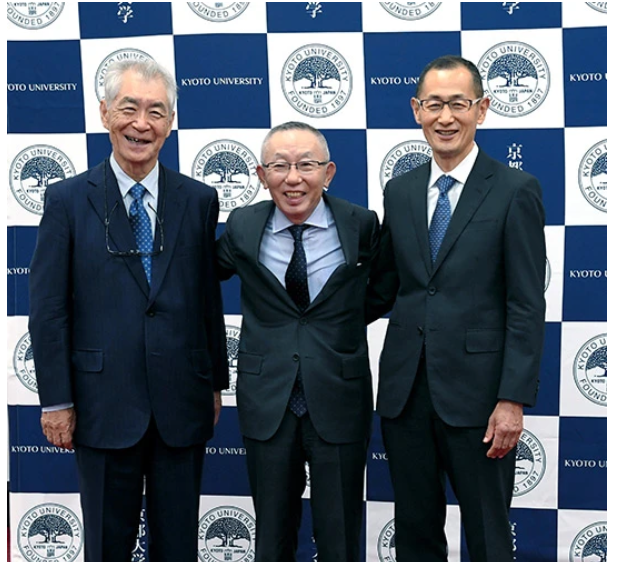Funding Sources
Funding for university-based research in Japan is almost entirely provided by the Japanese government through the Ministry of Education, Culture, Sports, Science, and Technology (MEXT) or affiliated funding bodies, including the Japan Society for the Promotion of Science (JSPS), the Japan Science and Technology Agency (JST), and more recently also the Japan Agency for Medical Research and Development (AMED), also affiliated with the Japanese Health Ministry. Funding provided by non-for-profit through foundations, research charities, industry contracts, or donations still remains more limited.
This is also true for CCII. A major part of our research and personnel funding is provided by the Japanese government. But CCII is fortunate to have access to alternative sources of funding, including industry funding and private donations. Funding for CCII includes a large donation for the new research building provided by Bristol-Meyer Squibb and a large private donation by the founder of Uniqlo, Tadashi Yanai, to Kyoto University for the development of life sciences research.
While public grants will remain the main source of funding for CCII, we will continue to develop alternative funding sources for its research, including funding through industry collaborations and private donations. Funding diversity will provide the center with both the resources and the flexibility required to achieve its goals.
Highlights

Donation by Mr. Tadashi Yanai of Fast Retailing Co. to support biomedical research at Kyoto University
